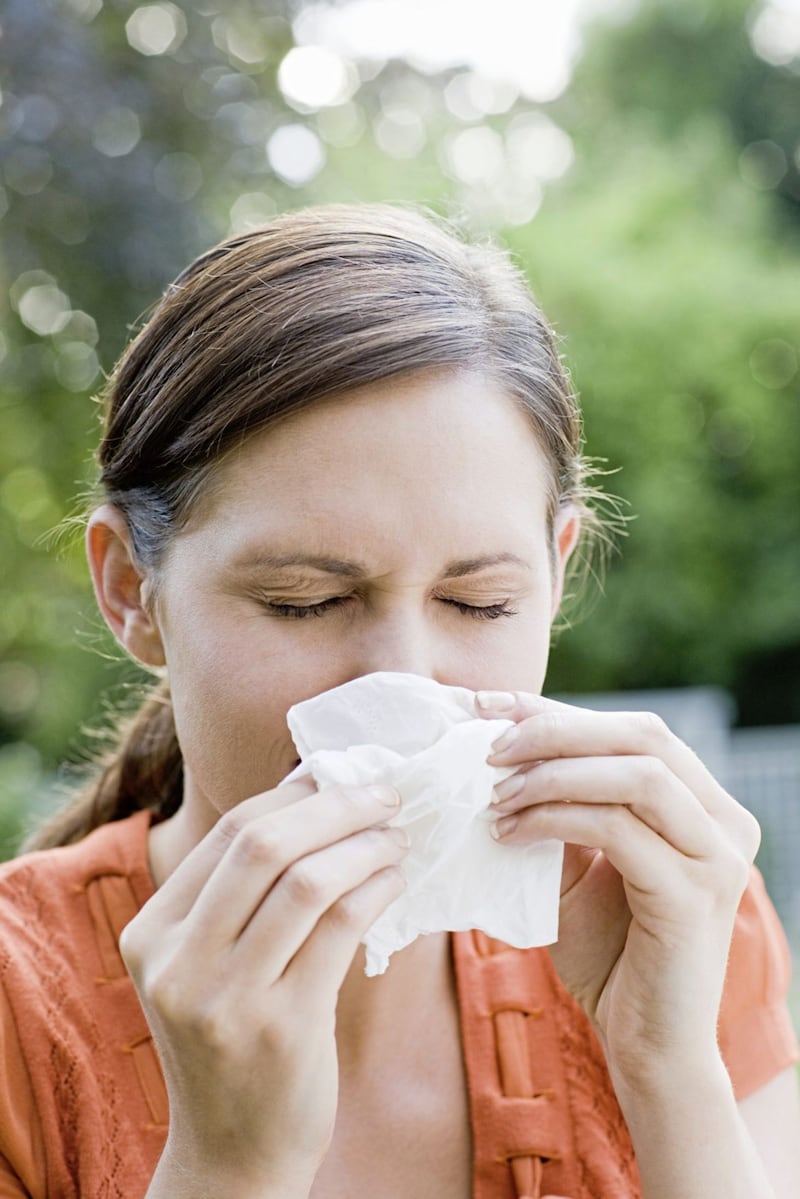Q: I HAVE high blood pressure but can't get on with any of the blood pressure tablets I have been treated with over the past 30 years. The side effects have affected me terribly. Are there any other treatments I could try?
MD
A: At 73 you are not long past middle-age and you should have years of life ahead of you - but keeping your blood pressure under control is essential to ensure this.
The medications commonly prescribed for hypertension (high blood pressure) have changed considerably over the past three decades, and there is a range of good drugs available.
These include thiazide-type diuretics (e.g. hydrochlorothiazide, chlorthalidone and indapamide), which work by helping to widen blood vessels and therefore lower blood pressure.
Other options are ACE inhibitors (e.g. enalapril and lisinopril), which relax blood vessels; angiotensin receptor blockers or ARBs (e.g. losartan and valsartan), which act on hormones involved in restricting blood flow; and calcium channel blockers (e.g. amlodipine, diltiazem and verapamil), which reduce the amount of calcium entering the artery walls, making it easier for the heart to pump blood.
All of these are equally effective in between 30 and 50 per cent of patients. It is not unusual for there to be some trial and error when it comes to identifying the best drug for each individual, as side effects are common.
With any of these medications, you start by taking a low dose and only increase the level very gradually, perhaps over four to eight weeks. Constant supervision - often from a practice nurse - is essential, though monitoring your blood pressure is something you can do yourself. This reduces the frequency of face-to-face appointments, but you must still attend clinic at regular intervals.

In terms of your particular case, it is uncommon - though not unheard of - for patients to react negatively to all four classes of the drugs I've mentioned.
Indeed, I have come across such a patient myself, and I referred her to a cardiologist who had a research interest in treating hypertension.
My patient's blood pressure was eventually stabilised with moxonidine, a drug that binds to receptors in the brain, which in turn relaxes the blood vessel walls. Moxonidine is used when other medications have failed to help, and it has fewer side effects.
The best 'natural' approach involves weight loss if you are overweight, daily exercise (proven to play a role in lowering blood pressure), and eating less salt.
A regular meditative activity such as yoga or - my favourite - tai chi may also pay dividends. Unfortunately, there are no natural supplements proven to be effective in lowering blood pressure.

Q: I HAD a carcinoma removed from my nose two years ago. Although the procedure was successful, it's left me with a runny nose whenever I have hot meals and drinks. Do you have any suggestions for a remedy?
PAW
A: This is clearly a troubling symptom, but fortunately there is a solution. The type of skin cancer you had is basal cell carcinoma (BCC), which appears as a small, shiny pink or pale lump. It's caused by damage to the basal cells (found at the bottom of the outermost layer of skin) and is most often triggered by sun exposure. Typically BCCs are found on areas often exposed to sunshine, including the face, scalp, back of the hands or ears.
BCCs are often like an iceberg, i.e. a greater proportion of the cancer is found below the surface.
I suspect that this 'iceberg effect' was the case with you, and that, as a result, the surgeon had to remove more of the tissue underneath, because the cancer had been embedded deeply into the nose.
This affected the interior of your nasal cavity, triggering the streaming nose, or gustatory rhinorrhoea ('gustatory' refers to its link to eating, and 'rhinorrhoea' is the term for a runny nose).
Many people experience this streaming after eating spicy foods, because these affect nerves that stimulate the release of saliva and mucus.
But your response has become worse, possibly as a result of surgery.
The good news is that there is medication which may help. Your GP should be able to prescribe a nasal spray called ipratropium (trade name Rinatec), which prevents the nerve impulses that trigger a runny nose.
By using a tiny amount of this spray in exactly the right place, once daily, you will be able to control the symptom.
The spray can be used for as long as is needed.
© Daily Mail






